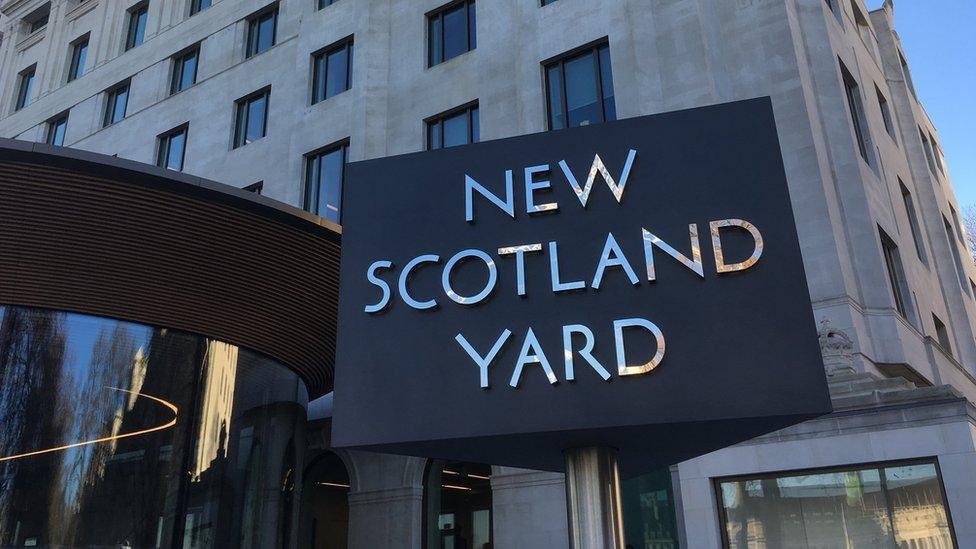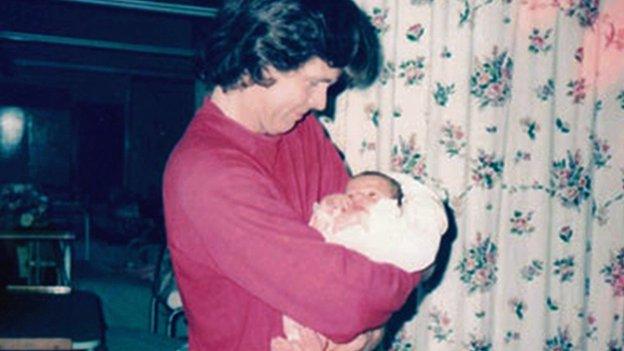Undercover policing inquiry 'not sabotaged' by Met Police
- Published

The judge chairing a public inquiry into undercover policing has dismissed claims by campaigners that the Met Police have tried to sabotage it.
But Lord Justice Pitchford said the force's "incompetence" and "failure" to plan for and anticipate the work involved were to blame for delays.
The inquiry was set up to investigate claims of wrongdoing by disbanded undercover units.
Campaigners say the cover names of former officers must be disclosed.
Activists who are taking part in the inquiry say the Met is "perpetuating secrecy" by refusing to disclose them.
They say people will not know if they were being spied on without this knowledge.
'A year wasted'
Addressing a preliminary hearing, Lord Justice Pitchford said the inquiry had wasted 12 months on the question of anonymity.
Despite this, the Met, which says it is working "tirelessly" to assess the risks of disclosing the names, has asked for more time to do so.
It has so far made decisions on only 18 out of 168 of the undercover officers.
The inquiry was ordered by the then home secretary, Theresa May, in 2015 but is yet to hear any evidence.
It is looking into the activities of the Met's top secret Special Demonstration Squad, which infiltrated protest groups for nearly 40 years until it was disbanded in 2008.

Undercover inquiry: The key allegations
Miscarriages of justice
Sexual relationships with women they were targeting
Using false identities taken from dead babies and children
Claims the campaign supporting Stephen Lawrence's family had been infiltrated

Meanwhile, the Met was warned that unless it disclosed key documents it might be ordered to.
The campaigners say the Met has repeatedly tried to "stifle" the inquiry's effectiveness and prevent allegations of wrongdoing being made public.
But Jonathan Hall QC, for the Met, argued that the force should be given until October to finish the work - and denied it was trying to suppress material.
"It is not to conceal or delay, it is to ensure proper, informed, robust decisions are made," he said, adding that the Met had already spent £5m on the inquiry, with £10m forecast to be spent next year, and had 100 people working on it."
- Published28 July 2015
- Published22 March 2016
- Published24 October 2014
